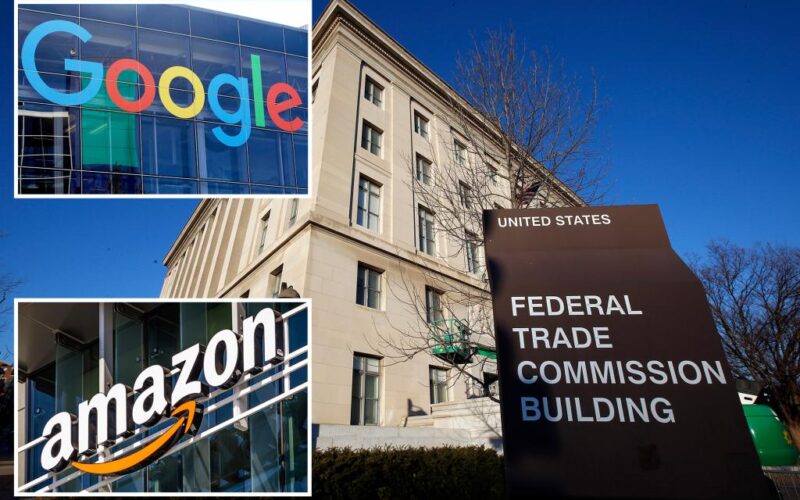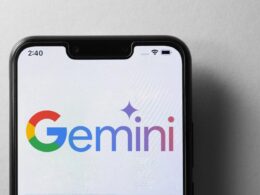Google and Amazon reportedly face a Federal Trade Commission probe over whether they are misleading companies that buy ads on their websites.
The FTC, led by Republican chairman Andrew Ferguson, is looking into whether the Big Tech giants have been transparent about the terms and pricing of their ad deals, Bloomberg reported, citing unnamed sources.
For Amazon, FTC officials want information on Amazon’s auction process and whether it informed clients about its “reserve pricing” for some ads – which refers to the minimum price that must be paid to buy ad space on the company’s website.
Meanwhile, Google is being probed about its internal ad pricing practices and whether it has quietly boosted the cost of ads without properly informing customers.
The FTC, Google and Amazon declined to comment on the probes, which are reportedly still ongoing and being led by FTC’s consumer protection unit.
The investigation marks another regulatory headache for both Google and Amazon, each of which face federal antitrust cases that are going to trial on Sept. 22.
The FTC is suing Amazon for allegedly enrolling customers in its Prime subscription service without their knowledge.
Elsewhere, a federal judge will consider remedies, including a potential Google breakup, after earlier finding that the search giant operates illegal monopolies in the digital advertising sector.
That case was brought by the Justice Department.
Google dodged a major crackdown earlier this month after US District Judge Amit Mehta rejected the DOJ’s recommendations that it be forced to sell off its Chrome web browser and be barred from paying billions of dollars to ensure its search engine is the default option on most smartphones.
Mehta instead decided that Google should share more data with rivals and be allowed to make payments to companies like Apple for default status, as long as the deals aren’t exclusive.
His ruling was universally panned by critics as a “slap on the wrist” and far too weak to open up competition.
With Post wires








